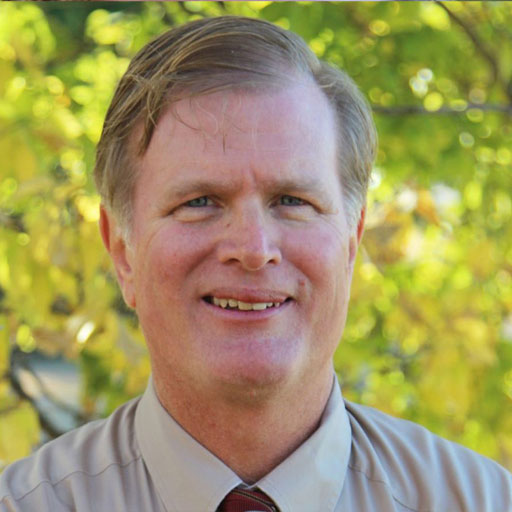Only a handful of real heroes remain alive from the D-Day invasion of World War II that lifted the Allied Forces to victory over Nazi Germany.
On June 6, 1944, those men and women who were part of the invasion forces stormed the beaches of Normandy, France, and began a bloody barrage.
As the 80th anniversary of D-Day is noted with somber reflections and celebration of a turning point in the war, it is worth noting that it was the military men and women who never thought twice about leaving their work as young farmhands to go quickly to training sites and in many cases in a few months climb on board large ships headed toward England.
As I reflect, I had the privilege of reporting on a 50th remembrance event at the Eisenhower Presidential Library and Museum in Abilene, Kansas. Their stories of war from the perspective of young boys who quickly became men is never lost on me.
Accounts with impact
A successful farmer and stockman from Hoxie, Kansas, had the duty to lead his men into the machine gun fire. Although he was at the lead, he remembered looking to his left and then to his right and seeing the two infantrymen were both gunned down. Stan Winter continued his journey to help secure the beach.
Fifty years later he wondered if the German guns were shifted only a few feet it could have been him instead of his two infantry comrades who died.
Another veteran, Rex Kellogg of Phillipsburg, Kansas, who worked for my dad, was a tail gunner who got shot down over Germany and wound up a prisoner of war. He never budged on giving information because he knew the real enemy was Nazi Germany. Another veteran from that era who fought in the Pacific Theater, when asked if he knew how many Japanese he killed, told me that it was not important. With war, he said, there are no winners with casualties. Those casualties were only taking their orders.
Indeed, a German POW who spoke at an Eisenhower Presidential Library remembrance said what Nazi Germany did was atrocious beyond belief to Jews, but as a soldier under the command of Gen. Erwin Rommel, he had no idea that was happening on the homefront.
Today we can get information in a matter of minutes from an event somewhere else in the world. Eighty years ago that did not exist.
What is important is young men and women from the countryside were united, whether they were the Rosie the Riveters who built warplanes, those who bought war bonds or urban and rural cousins with their victory gardens.
D-Day architect came from the heartland
The architect of the D-Day invasion was Five Star Gen. Dwight D. Eisenhower, who as a youngster worked in a creamery in Abilene, Kansas, where he saw farmers bring in what they had produced for sale. His work was hard in the creamery, and he admired farm families and later as the nation’s 34th president offered one of the agriculture media’s favorite phrases: “Farming looks mighty easy when your plow is a pencil, and you’re a thousand miles from the corn field.”
The resolve of Ike and the men and women of that era is why the newsman Tom Brokaw, a South Dakota native, called them the greatest generation. If you have an opportunity to say thanks and listen to their stories, do it while there is still time.
Dave Bergmeier can be reached at 620-227-1822 or [email protected].


